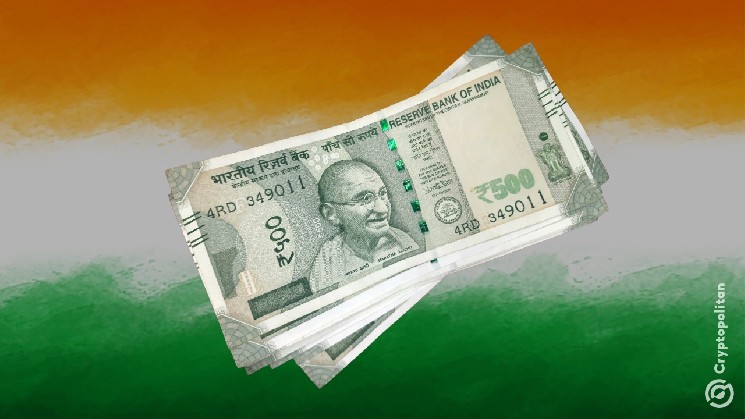The Reserve Bank of India is set to begin piloting tokenized certificates of deposit on Wednesday, according to information shared at an event held in Mumbai on Tuesday.
The plan is to use the wholesale arm of central bank digital currencies (CBDCs) to issue and settle these products.
Chief General Manager Suvendu Pati confirmed that the RBI is working on the project with “several banks” and explained that the goal is to explore how blockchain-based crypto tokens can streamline traditional financial market operations.
“We believe that integrity and legal enforcement needs to be established in terms of regulation regarding the tokenization of the underlying assets,” Patti said. He added that while this process involves some risks, those risks are “manageable and can be addressed through regulatory guardrails.”
Paty also revealed that the central bank is considering extending the experiment to other financial market instruments, such as commercial paper, as part of a broader digital initiative.
The goal is simple. It is about building a faster, safer, and cheaper financial system based on tokenized assets that can be traded within India's highly regulated environment.
RBI steps forward as Indian economy beats expectations
The pilots landed shortly after India reported better-than-expected economic growth of 7.8% in the quarter to June. This increase was fueled by manufacturing, construction, and service industries, which increased by 7.7%, 7.6%, and 9.3%, respectively.
This beat the 6.7% expansion forecast by economists polled by Reuters. But despite the positive headline numbers, analysts warn that there are signs that momentum is slowing behind the scenes.
Nominal GDP, which does not take inflation or deflation into account, was 8.8% in the April-June period, down from 10.8% in the previous quarter.
“Nominal GDP growth is lower than in previous quarters, but real GDP looks very strong as the deflator is very soft,” said Anubhuti Sahai, head of India economic research at Standard Chartered. The deflator reflects how inflation affects total output, she explained.
Despite these nuances, Sahay noted that manufacturing revenues in the corporate sector remain strong and maintain momentum. The combination of a resilient real economy and continued digital innovation by the RBI paints a picture of a country that is testing both its financial infrastructure and the limits of growth.
The new pilot dives headlong into that experiment, combining traditional financial instruments with blockchain-backed tokens to see what happens when the two worlds meet.
India further deepens financial inclusion
At the same time, India is undergoing a major transformation in personal finance. The country is turning millions of low-income people into stock market investors, pushing those who have relied on cash and gold into the world of stocks.
The initiative relies on bite-sized mutual fund plans that start from as little as 250 rupees ($3) per month. If successful, the initiative could unlock enough household savings for India's $880 billion mutual fund industry to fuel $9.5 trillion in new financial assets over the next decade, a prediction shared by Goldman Sachs.
The program began in February and is backed by India's securities regulator. It targets small savers in rural areas, allowing them to invest in amounts too small to attract traditional fund companies. The effects are already visible.
There were 54 consecutive months of net inflows into equity funds through August, with monthly new contributions to equity plans averaging $3 billion since April, according to data from the Association of Mutual Funds of India.
Bloomberg data shows that these record inflows have truly helped stabilize the domestic market against record overseas outflows this year, keeping the NSE Nifty 50 index well above its pandemic lows even as global investors have grown cautious.
Now, the initiative has expanded further, with the Association of Mutual Funds of India (AMFI) planning to partner with India Post to train around 20,000 postal staff in the first year. Their mission is to sell these bite-sized plans in villages that still lack basic access to financial products.

